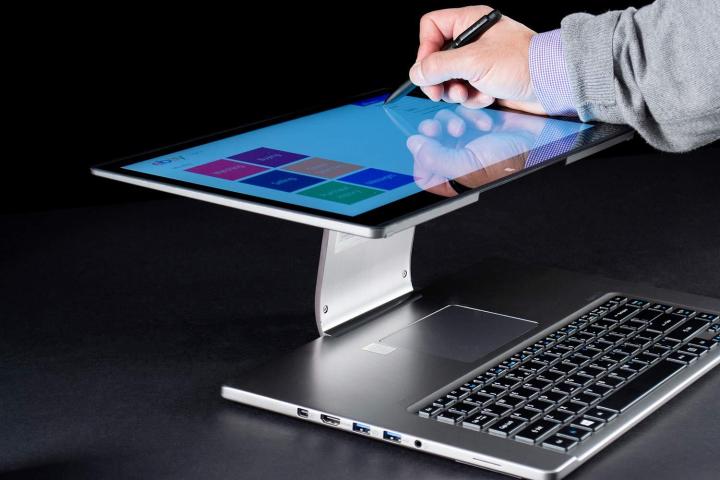
This comes as no surprise to us. While Lenovo and Dell upped their shipment levels in Q4 2013 when compared to Q4 2012, Acer’s shipments fell significantly. In Q4 2012, Acer shipped 7,703,752 units, while shipping only 6,474,738 systems during the fourth quarter of 2013. As a result, growth between the two quarters dipped to -16 percent.
When speaking recently at a press conference in Taiwan, newly-appointed Acer CEO Jason Chen commented on what he thought the company’s biggest mistakes have been as of late with respect to the PC business. Here’s what he had to say.
“We wanted to stimulate demand using new technology and we took the initiative more aggressively than anybody else, to the point where we got hurt,” Chen said. “Hopefully we won’t repeat the same mistake we made before.” Chen also stated that “We need to dig ourselves out of a hole,” according to Bloomberg.
It’ll be interesting to see what moves Chen will make as Acer’s new head cheese to help boost the company’s fortunes as we march deeper into 2014.
What do you think? Do you think Acer can rebound? Why or why not? Sound off in the comments below.


